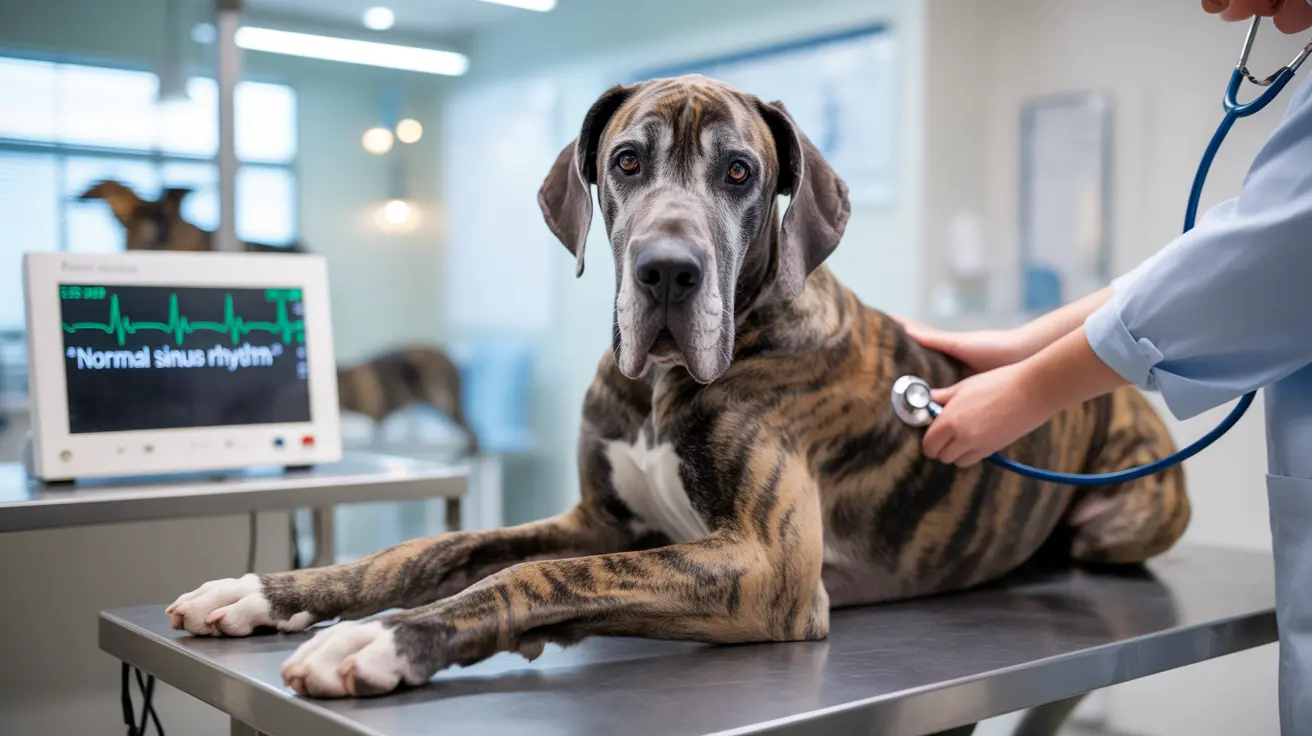Large and giant breed dogs hold a special place in our hearts with their impressive size and gentle nature. However, these magnificent animals face unique health challenges that require specific attention and care. Understanding these challenges is crucial for providing them with the best possible quality of life.
From skeletal issues to heart conditions, big dogs have distinct health needs that differ significantly from their smaller counterparts. This comprehensive guide will explore the most common health concerns affecting large breed dogs and provide essential information for their care and management.
Understanding Skeletal Health in Large Breeds
One of the most significant health challenges facing big dogs is their skeletal system. Hip dysplasia, a condition where the hip joint doesn't develop properly, is particularly common in large breeds. This condition can lead to arthritis, pain, and reduced mobility as the dog ages.
Joint health is another crucial concern, with many large breeds being susceptible to arthritis due to their size and weight. Regular exercise, appropriate nutrition, and maintaining a healthy weight are essential for protecting these vital joints throughout their lives.
Critical Cardiovascular Conditions
Large breed dogs are particularly susceptible to heart conditions, with dilated cardiomyopathy (DCM) being one of the most serious concerns. This condition affects the heart's ability to pump blood effectively and is especially common in breeds like Great Danes.
Regular cardiac check-ups are essential for early detection and management of heart issues. Many veterinarians recommend annual heart examinations for large breeds, particularly as they enter middle age.
Managing Digestive Health Risks
Gastric Dilation Volvulus (GDV), or bloat, is a life-threatening condition that primarily affects large, deep-chested breeds. This condition requires immediate veterinary attention and can be fatal if not treated promptly.
To prevent bloat, owners should:
- Feed multiple smaller meals throughout the day
- Avoid exercise immediately before and after meals
- Consider using elevated food and water bowls
- Monitor eating speed and consider slow-feeder bowls
Growth and Development Considerations
The rapid growth rate of large breed puppies requires careful management to prevent developmental issues. Proper nutrition during the growth phase is crucial, with special attention needed for calcium levels and overall caloric intake.
Weight management during growth is essential, as excess weight can contribute to joint problems and other health issues later in life. Working with a veterinarian to establish appropriate feeding guidelines is crucial during this critical period.
Frequently Asked Questions
What are the most common health issues in large and giant breed dogs?
The most common health issues include hip dysplasia, arthritis, bloat (GDV), dilated cardiomyopathy, and wobbler syndrome. These conditions often require regular veterinary monitoring and specific management strategies.
How can I prevent or manage hip dysplasia in my large breed dog?
Prevention and management strategies include maintaining a healthy weight, providing appropriate exercise, using joint supplements as recommended by your veterinarian, and ensuring proper nutrition during the growth phase. Regular veterinary check-ups can help monitor joint health.
What are the signs and symptoms of gastric dilation volvulus (bloat) in dogs, and how can I prevent it?
Signs include a distended abdomen, unsuccessful attempts to vomit, restlessness, and signs of pain. Prevention includes feeding smaller meals, avoiding exercise around mealtimes, and using slow-feeder bowls.
How can I ensure proper growth and development for my large breed puppy?
Feed a high-quality large breed puppy food, monitor growth rate carefully, avoid overfeeding, and provide appropriate exercise without overexertion. Regular veterinary check-ups during the growth period are essential.
What are some effective ways to maintain a healthy weight in large breed dogs to prevent obesity-related issues?
Maintain portion control, provide regular exercise appropriate for your dog's age and condition, measure food accurately, and avoid excessive treats. Regular weigh-ins and body condition scoring can help monitor weight management progress.
Understanding and addressing these health concerns can help ensure your large breed dog lives a long, healthy, and comfortable life. Regular veterinary care, proper nutrition, and preventive measures are key to managing these gentle giants' unique health challenges.






